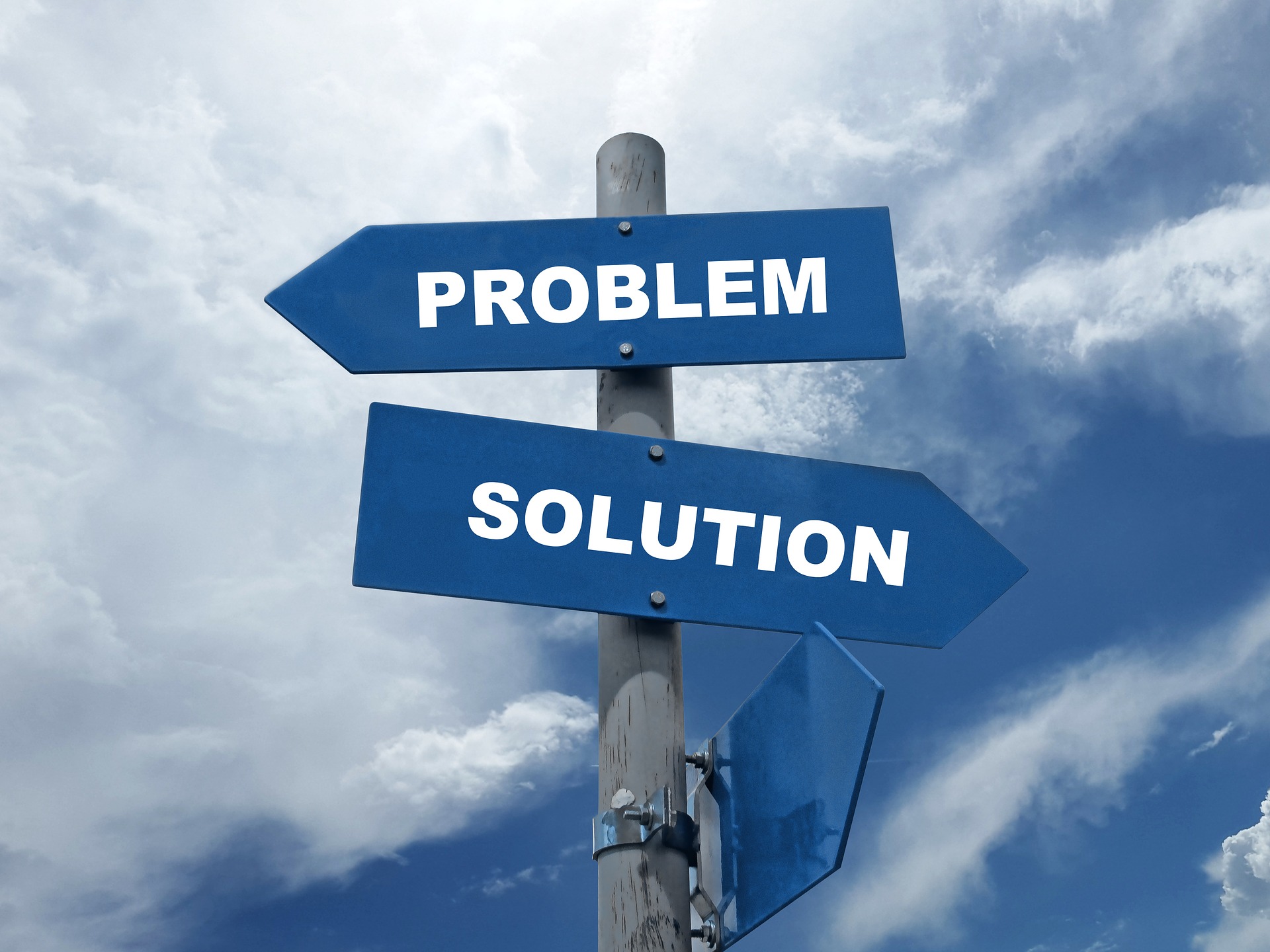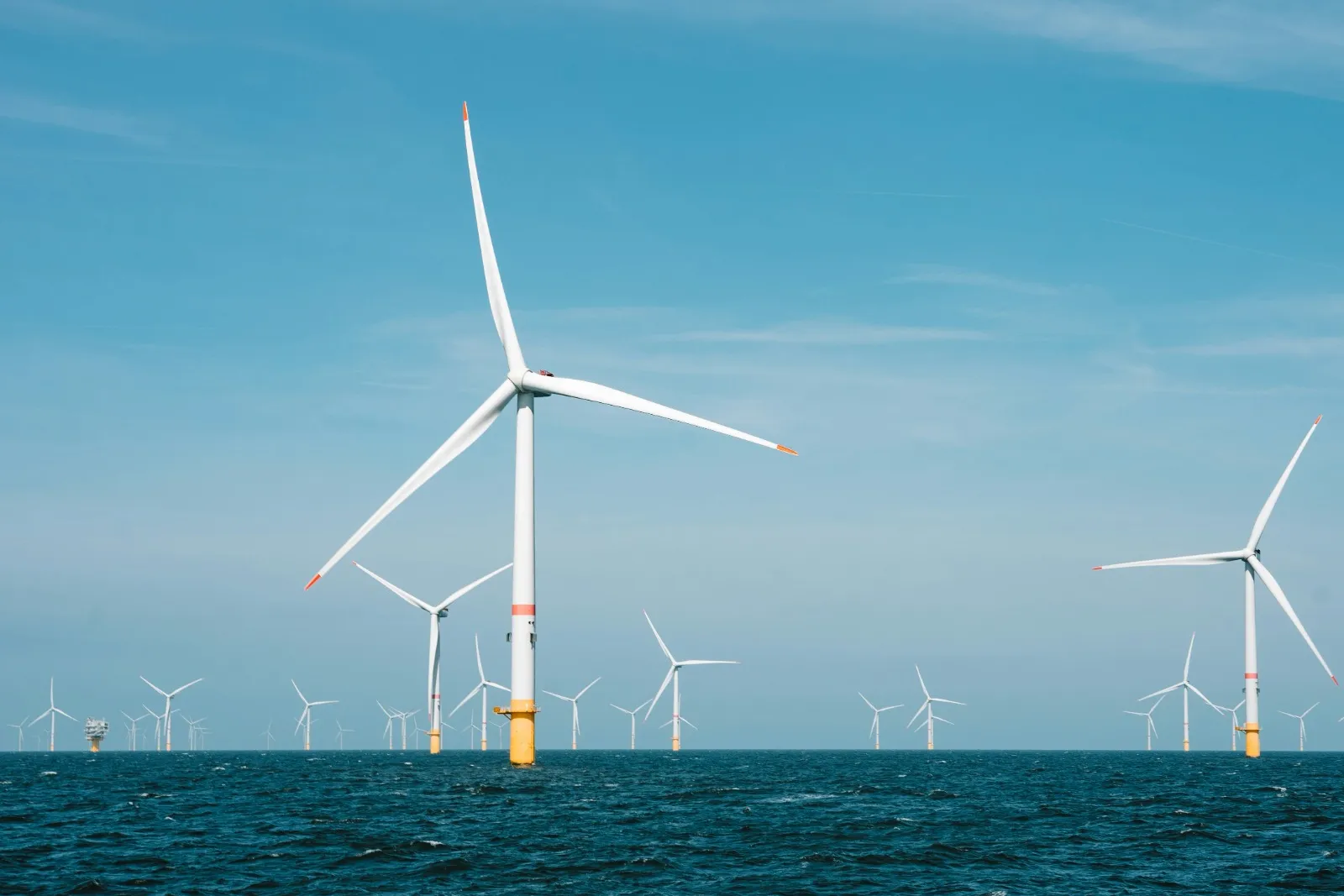How – and how not – to handle a brand reputational crisis

Every once in a while, firms face a reputational crisis that is completely out of their control. Beer brand Corona has been a recent example of this, with unfortunate and unwarranted associations drawn by some consumers with the coronavirus pandemic (although sales have remained solid). But in most cases, firms carry some level of responsibility. It is also usually the ones that are most willing to own this responsibility and take action (where appropriate), that come out better than the ones that don’t.
Case A: KFC
February 2018. A time when, inexplicably, the biggest global brand in fried chicken ran out of chicken. A UK-wide scandal. The reason? KFC’s new logistics partner DHL failed to live up to the pressure of distributing ingredients from its single depot in Rugby, unlike its predecessor Bidvest, which had six. The response? An apology that was bold, unequivocal and quietly funny.
The direct blame could have easily been laid at DHL’s door. But disasters like this tend not to happen often to brands like KFC, and frankly, shouldn’t. So, it was the right thing to do to take ownership, even though it would have been tempting not to, for several reasons:
- Entering a blame game would have only dragged out a corporate reputational war longer than it needed to, drawing further negative attention to the problem than it should
- Refusing to accept blame and adopting a reactive strategy, rather than proactive, would allow wider media and competitors to control the narrative and inflict further reputational damage
- Not accepting shortcomings early that inevitably lead to you being blamed creates distrust and causes long-term, not just short-term, damages. As the cliché goes, it takes years to build reputations, but seconds to destroy them
But apart from anything else, in crises like these, the objective for any brand should not be to repair/deter all reputational damage. It may be hard to accept, but the immediate aims are simply limiting damage and retaining control.
Case B: Volkswagen
In 2015, Volkswagen was embroiled in one of the biggest global brand reputation crises we have seen in modern times. In September of that year, the US Environmental Protection Agency (EPA) found that the car manufacturer had fitted a “defeat device” – or software – in diesel engines that could detect when they were being tested, changing the performance accordingly to improve its emissions results. This case is still ongoing.
The EPA’s findings only covered 482,000 cars in the US only, including other VW-manufactured car brands. But VW then admitted a much larger figure of 11 million cars worldwide, including eight million in Europe, had been fitted with the “defeat device”. At one point, VW’s share price had halved.
However, VW’s business actions, not just communications, to this crisis benefited both its long-run performance and reputation by taking the following steps:
- Acceptance of responsibility and resignation: In a month, the CEO, Martin Winterkorn, stepped down as VW Group’s CEO saying it had “broken the trust of our customers and the public”. Mr Winterkorn resigned as a direct result of the scandal but did not accept any personal responsibility – certainly an unhelpful parting shot.
VW’s US boss, Michael Horn, said, “We’ve totally screwed up,” and Winterkorn’s replacement, Matthias Mueller, said in his new role “My most urgent task is to win back trust for the Volkswagen Group – by leaving no stone unturned,”
- Internal Inquiry: Winterkorn’s tenure as CEO was tainted by an autocratic culture that came from the top. The new CEO immediately called for an internal inquiry – signalling to customers the process to rectify this problem and identify responsibility was underway, as well as that the culture overseen by the previous incumbent was to change
- Restructuring and cost-cutting: As the crisis developed, VW conducted a global restructure, cutting costs to brace for the impact of overheads caused by the scandal
The result? Figures released in 2018 show sales at the group, whose 12 brands include Audi and Porsche, climbed 4.3 per cent in 2017 to 10.7 million vehicles. In addition, despite reputation management consultants in April 2017 claiming Volkswagen had “destroyed brand trust”, the mass-market VW brand stole US market share with a 5.2 per cent rise in sales.
A delay in accepting responsibility, and Winterkorn’s total refusal to accept personal responsibility were certainly unhelpful. But VW’s swift and thorough commitment to change through business actions communicated an effective enough strategy that one JP Morgan analyst said, “You wouldn’t be able to recognise that they had gone through the diesel crisis.” Sometimes actions speak louder than words.
In times of crisis, how firms respond can define not just their short-term futures, but long-term too. To have a chance in ensuring both, they must place three elements at the heart of their strategy: be honest and plan for the long-term, develop your tactics around what you can control and accept what you can’t, and ensure your business actions are tied to your communications. In short, practice what you preach.

